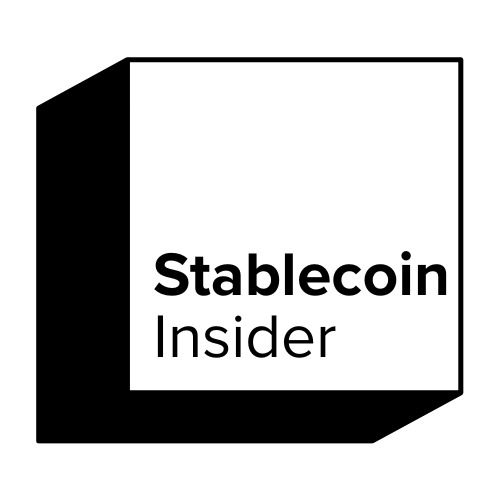KAST is a Visa-backed debit card designed for stablecoin and crypto spending, launched by a Singapore-based fintech with $10 million in seed funding (announced December 2024).
The card enables users to spend their stablecoins at over 100 million merchants worldwide without requiring a traditional bank account. With multi-chain support and generous rewards, KAST is positioned as a strong contender in the crypto payments space.
Supported Stablecoins and Blockchain Networks
KAST currently supports USDC, USDT, and USDe, with plans to add more stablecoins throughout the year. Users can top up their cards via multiple blockchains, including:
- Solana
- Ethereum
- Polygon
This multi-chain approach provides flexibility for crypto-native users who prefer different blockchain ecosystems.
KAST Card Tiers and Fees
KAST offers a range of card options to cater to different spending and reward preferences.
Standard KAST Cards:
- K Card: $20 per year fee, 2-6% spending rewards.
- X Card: $1,000 per year fee, 5-12% spending rewards.
- Founders Card: One-time $5,000 fee, 5-12% spending rewards, VIP concierge services.
Solana-Exclusive Cards (New Partnership with Solana):
- Solana Card: $20 per year fee, 2-6% spending rewards, 3.5-7% APY boost on SOL staking.
- Solana Iluma: $1,000 per year fee, 5-12% spending rewards, 7-14% APY boost on SOL staking.
- Solana Gold: $10,000 per year fee, 8-18% spending rewards, 10.5-21% APY boost on SOL staking.
- Solana Solid Gold: Invite-only, 18% spending rewards, 10.5-21% APY boost on SOL staking.
Availability
KAST cards are available in over 150 countries, including the US, Europe, Asia, and Latin America. However, due to regulatory restrictions, KAST is not available in India or China.
Pros and Cons of KAST Card
Pros:
- Instant virtual card issuance: Users can activate a virtual card in under two minutes and link it to Apple Pay or Google Pay.
- Multi-chain support: Users can top up from multiple blockchains, offering more flexibility than traditional crypto cards.
- High rewards potential: The premium tiers offer competitive cashback rewards and staking APY boosts.
- No bank account required: Ideal for unbanked users who want to spend stablecoins directly.
Cons:
- Annual fees: While the standard K Card is affordable, the $1,000 and $10,000 annual fees for premium tiers may deter casual users.
- Newer player in the market: KAST has less brand trust compared to established platforms like Coinbase or Binance.
- KYC requirements: Users must complete KYC verification, which reduces anonymity for privacy-conscious crypto users.
Conclusion
KAST is an exciting option for crypto users looking for a flexible, multi-chain debit card with strong rewards potential. The recent Solana partnership further enhances its offering, particularly for those staking SOL.
However, the higher-tier cards come with significant fees, making them more suitable for high-volume crypto spenders. For those comfortable with the KYC process and looking for an alternative to traditional banking, KAST offers a compelling crypto-to-fiat spending solution.
Related: Best Stablecoin Cards

